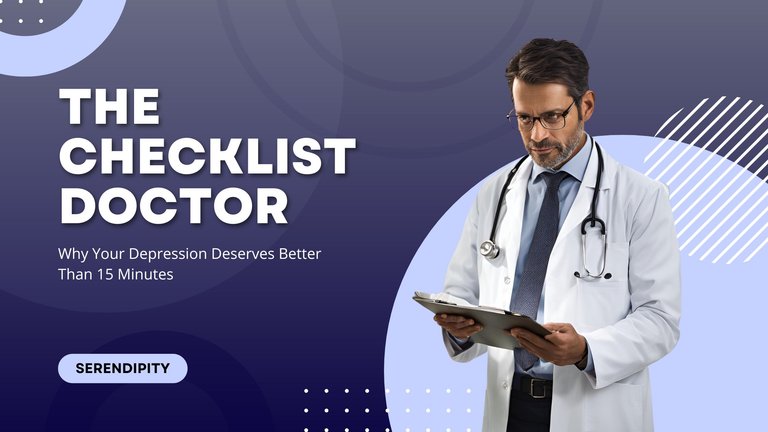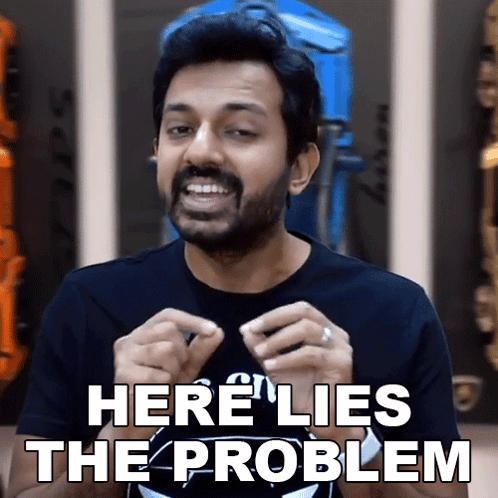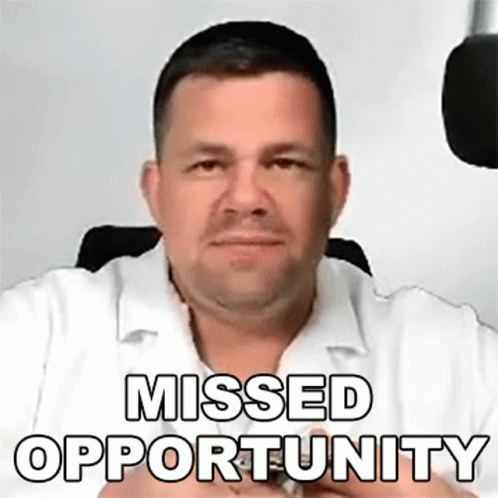
The exam room was ice-cold, its walls painted in a soulless gray that only heightened the stark fluorescent glare bouncing off sterile surfaces. The patient perched awkwardly on the exam table, the paper beneath her crinkling with every nervous shift. She stared at her hands, knotted tightly in her lap, the sound of the buzzing overhead light drilling into her skull.
The door creaked open, and the doctor entered—a white coat and a clipboard, his expression neutral, his gaze somewhere above her head. “Alright,” he said, flipping through the pages of the chart like he was skimming a grocery list. “What brings you in today?”
She swallowed hard, her throat dry and tight. “Um…” She hesitated, her voice barely rising above a whisper. “I’ve been feeling… really down. Like, all the time. I can’t concentrate. I’m so tired, even when I sleep. And sometimes…” Her voice cracked. “Sometimes it feels like there’s no point to anything.”
The doctor finally looked up, his eyes scanning her face. He set the clipboard aside, pulled out a pen, and leaned forward, the clinical distance between them somehow still a chasm. “Hmm. Okay. Let’s go through some questions,” he said briskly, his tone practiced, almost detached.
“Loss of interest in things you used to enjoy?”
She nodded, eyes welling up with tears.
“Trouble sleeping?”
A slow, ashamed nod.
“Appetite changes?”
“Yes.”
“Thoughts of harming yourself?”
Her voice broke completely as she whispered, “Yes.”
The doctor’s pen moved swiftly, ticking boxes, the sound of the strokes stark and mechanical. He didn’t pause, didn’t linger on the weight of what she had just confessed. Instead, he clicked his pen shut, scribbled on a prescription pad, and handed over a slip of paper. “Here’s something to help. And I’ll refer you to a therapist,” he said, his voice flat, as though he were offering directions to a gas station.
She accepted the paper with trembling hands, staring at it like it might hold the answers to questions she hadn’t even found the words to ask. “What… what happens now?” she ventured, her voice trembling.
“Well, try the medication, and call the therapist,” the doctor replied, already reaching for the clipboard again. “They’ll be able to help you work through things.”
And just like that, it was over. Fifteen minutes. The door clicked shut behind her as she walked out, prescription in hand, her heart heavy with something she couldn’t quite name. She felt like a box had been ticked, not a person understood.
The prescription promised relief, the referral dangled hope—but neither addressed the hollowness growing inside, the pain that wanted to be seen, heard, felt. It wasn’t just that something had been missed. It was that someone had been missed.
The Problem with the Checklist Approach

This fictional doctor represents a grim reality in modern healthcare: the reduction of mental health care to a glorified questionnaire. Diagnosing something as complex as depression using a list of nine symptoms feels absurdly reductive—like diagnosing a car problem based solely on how it sounds when it stalls.
Yet this is the system we have. No lab tests. No imaging. No in-depth investigation into what might be causing these feelings of despair. Just a checkbox diagnosis followed by a quick prescription.
Why? Because it’s faster, cheaper, and far more profitable.
Mental health is not a math problem. Depression isn’t just a list of symptoms; it’s a deeply personal, multifaceted condition influenced by biological, psychological, and social factors. By relying so heavily on checklists, we risk missing the bigger picture.
The Pharmaceutical Solution: A Quick Fix Band-Aid?
Here’s where it gets even worse. The moment you walk out of that clinic with your shiny new prescription, you’ve officially entered the pharmaceutical hamster wheel.
Antidepressants are one of the most common treatments for depression, and for some people, they can be life-changing. But medications are not a cure-all. They often address symptoms without tackling the root causes of distress. Meds don’t address:
The soul-sucking monotony of a toxic job.
The lingering pain of childhood trauma.
The exhaustion caused by an undiagnosed condition like sleep apnea or anemia.
These aren’t problems a pill can solve. Yet medication is frequently the first—and sometimes only—solution offered. Why? The pharmaceutical industry plays a significant role in shaping medical practices, often emphasizing drug-based solutions over lifestyle or root-cause approaches. This isn’t to dismiss the value of medication entirely but to question whether it’s being used thoughtfully and appropriately.
The Missed Opportunities for Real Healing

Imagine a different scenario: A patient walks into their doctor’s office and is met with genuine curiosity about their life. Instead of jumping straight to symptoms, the doctor asks questions like:
How are your relationships?
What’s your diet like?
Are you getting quality sleep?
Have we ruled out underlying medical conditions?
Now, imagine the doctor has the time to listen, to explore these answers, and to help the patient craft a comprehensive plan for recovery. Unfortunately, our current system doesn’t make room for this kind of care.
Short appointment slots, limited resources, and a lack of incentives for holistic care mean these opportunities for deeper understanding are often missed. Instead, patients are processed quickly, moving through a system that feels more transactional than transformational.
Need for Speed, Not Solutions

Let’s be blunt: It is difficult to say that the healthcare system is designed to heal you. It feels more like a system designed to process you.
Pharmaceutical companies influencing medical guidelines to favour drugs over lifestyle changes.
Insurance companies rewarding short visits over comprehensive care.
Doctors, constrained by time and resources, often stick to the “standard of care,” which can mean prescribing medication without delving deeper into a patient’s life. This isn’t necessarily the fault of individual doctors—many want to help but are trapped in a system that doesn’t allow them to do so effectively.
What Can You Do?
If you’re struggling with depression, the system’s limitations can feel overwhelming. But there are steps you can take to reclaim control of your care:
Find a functional medicine doctor. They’re more likely to dig into root causes like nutrient deficiencies, chronic inflammation, or hormonal imbalances.
Fix your diet. Processed foods, and high carbs do more damage than you think. Prioritize whole, nutrient-dense foods.
Work with a therapist or coach. Address the real-life issues—stress, trauma, relationships—that are weighing you down.
The Conclusion: Demand Better
Depression is complex, deeply personal, and deserving of more than a checkbox diagnosis. Until the healthcare system evolves to prioritize holistic, root-cause medicine, it’s up to individuals to demand and seek better care.
Because you’re not just a set of symptoms to be managed—you’re a whole person. And healing should reflect that truth.
Thumbnail was made with Canva.
Thank you for reading. If you like this, check out other posts on my blog